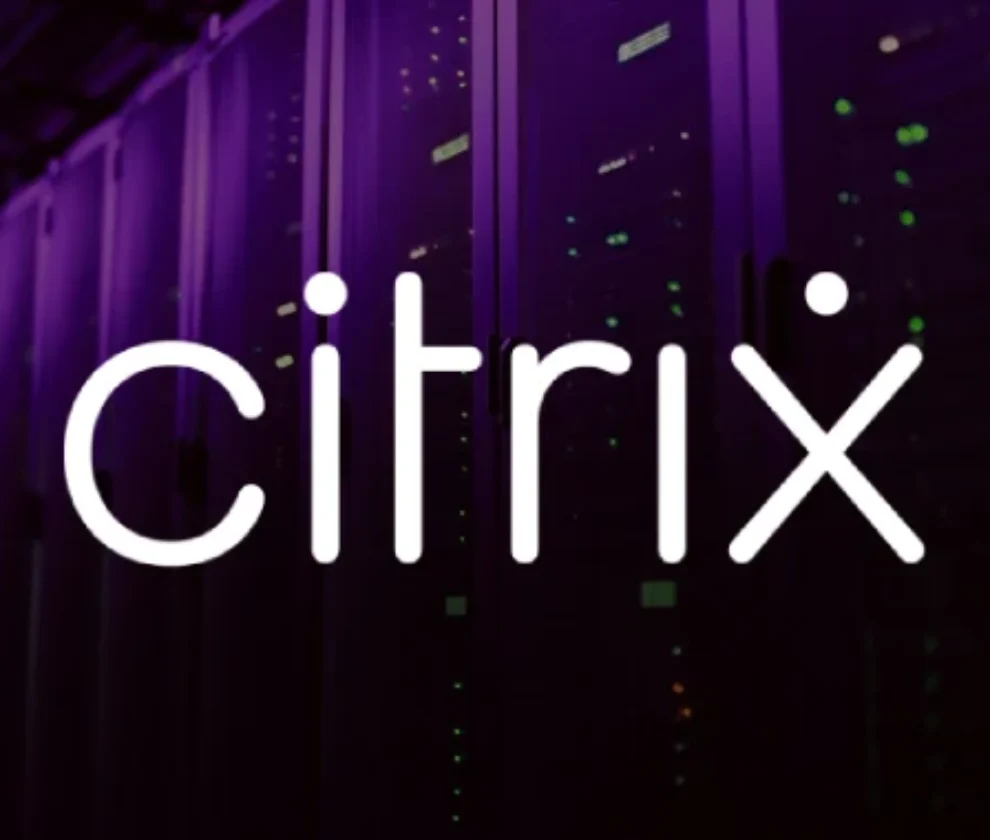In recent years, cybersecurity experts have been sounding the alarm about a burgeoning threat to artificial intelligence systems: the hacking of prompts through the Model Context Protocol (MCP). This vulnerability exposes critical gaps in the interaction between AI and real-time data sources, raising significant concerns for businesses relying on AI-driven processes.
What Is MCP Prompt Hacking?
MCP prompt hacking refers to cyberattacks in which malicious actors exploit weaknesses in how AI models communicate contextually using the Model Context Protocol. This protocol is designed to enhance the contextual understanding of AI systems; however, its structural vulnerabilities allow bad actors to manipulate the system for their benefit, transforming an essential tool into a vector of risk.
The oatpp-mcp Attack Explained
A notable instance of MCP prompt hacking involves the oatpp-mcp system, which revealed a critical flaw in session management. Attackers can exploit predictable memory-based session identifiers to inject malicious commands. The consequences? AI systems may provide misleading recommendations, suggest insecure code libraries, or even expose intellectual property, significantly destabilizing software supply chains. Such risks make securing AI from MCP-based exploits a top priority for developers worldwide.
Why Are These Attacks Alarming?
AI systems—such as ChatGPT and Claude—are exceptionally good at dynamic problem-solving, powered by continuous flows of contextualized data. However, this dependency on localized data integration becomes a double-edged sword when cybercriminals penetrate these data streams. By leveraging MCP vulnerabilities, attackers can turn AI systems into conduits for calculating cybersecurity breaches, compromising sensitive information and critical systems.
“Attackers are no longer just targeting data; they are weaponizing AI itself to infiltrate systems,” remarked a leading cybersecurity firm in a recent report.
Steps Recommended by Experts
To combat these risks, security leaders have shared critical strategies:
- Utilize Advanced Session ID Generators: Companies should adopt robust session algorithms to eliminate vulnerabilities tied to predictable identifiers.
- Enforce Zero Trust Architecture: Applying zero-trust principles to all communication and data layers connected to AI eliminates trust-based entry points for malicious actors.
- Developer Education: Training developers on integrating secure protocols ensures stronger, attack-resistant systems.
Businesses and organizations must begin implementing these protocols immediately to safeguard their AI systems’ integrity against MCP-specific hacking methods.
Proactive Responses from Companies
It is essential for businesses to adopt a proactive, rather than reactive, stance toward AI security. Infusing cybersecurity tools tailored specifically for MCP workflows and conducting periodic audits can significantly reduce risks. The increasing sophistication of AI-linked threats necessitates equally advanced security measures to ensure that workflows remain uncorrupted and data remains secure.
Conclusion: Guarding Against Future Risks
The McP prompt hacking phenomenon has illuminated a harsh reality: no AI protocol can be deployed safely without rigorous security mechanisms in place. Companies must prioritize fortifying the foundations of their AI models through robust data protection frameworks and cross-functional collaboration between their technical and security teams.
Here at My Own Detective, we specialize in understanding complex AI systems and building tailored security solutions to combat emerging threats like MCP. Reach out today to learn how we can help your business bolster its defenses against potential vulnerabilities. Together, let’s secure the future of digital intelligence.


